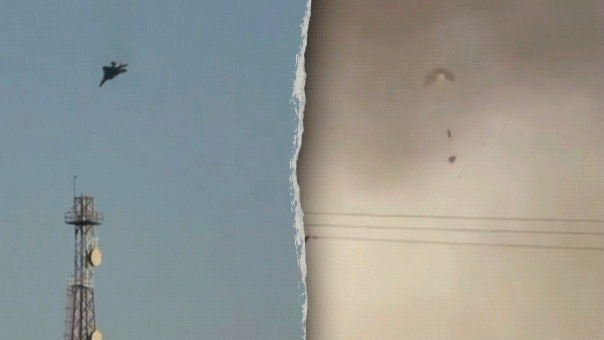Message from the Director: Release of Material on Past Detention Practices
Today, as part of a number of Freedom of Information Act cases, the government is responding to court orders to release more documents related to the Agency's past detention and interrogation of foreign terrorists. The CIA materials include the 2004 report from our Office of Inspector General and two papers-one from 2004 and the other from 2005-that discuss the value of intelligence acquired from high-level detainees. The complete package is hundreds of pages long. The declassification process, a mandatory part of the proceedings, was conducted in accord with established FOIA guidelines.
This is in many ways an old story. The outlines of prior interrogation practices, and many of the details, are public already. The use of enhanced interrogation techniques, begun when our country was responding to the horrors of September 11th, ended in January. For the CIA now, the challenge is not the battles of yesterday, but those of today and tomorrow. It is there that we must work to enhance the safety of our country. That is the job the American people want us to do, and that is my responsibility as the current Director of the CIA.
My emphasis on the future comes with a clear recognition that our Agency takes seriously proper accountability for the past. As the intelligence service of a democracy, that's an important part of who we are. When it comes to past detention and interrogation practices, here are some facts to bear in mind on that point:
? The CIA itself commissioned the Inspector General's review. The report, prepared five years ago, noted both the effectiveness of the interrogation program and concerns about how it had been run early on. Several Agency components, including the Office of General Counsel and the Directorate of Operations, disagreed with some of the findings and conclusions.
? The CIA referred allegations of abuse to the Department of Justice for potential prosecution. This Agency made no excuses for behavior, however rare, that went beyond the formal guidelines on counterterrorism. The Department of Justice has had the complete IG report since 2004. Its career prosecutors have examined that document-and other incidents from Iraq and Afghanistan-for legal accountability. They worked carefully and thoroughly, sometimes taking years to decide if prosecution was warranted or not. In one case, the Department obtained a criminal conviction of a CIA contractor. In other instances, after Justice chose not to pursue action in court, the Agency took disciplinary steps of its own.
? The CIA provided the complete, unredacted IG report to the Congress. It was made available to the leadership of the Congressional intelligence committees in 2004 and to the full committees in 2006. All of the material in the document has been subject to Congressional oversight and reviewed for legal accountability.
As Director in 2009, my primary interest-when it comes to a program that no longer exists-is to stand up for those officers who did what their country asked and who followed the legal guidance they were given. That is the President's position, too. The CIA was aggressive over the years in seeking new opinions from the Department of Justice as the legal landscape changed. The Agency sought and received multiple written assurances that its methods were lawful. The CIA has a strong record in terms of following legal guidance and informing the Department of Justice of potentially illegal conduct.
I make no judgments on the accuracy of the 2004 IG report or the various views expressed about it. Nor am I eager to enter the debate, already politicized, over the ultimate utility of the Agency's past detention and interrogation effort. But this much is clear: The CIA obtained intelligence from high-value detainees when inside information on al-Qa'ida was in short supply. Whether this was the only way to obtain that information will remain a legitimate area of dispute, with Americans holding a range of views on the methods used. The CIA requested and received legal guidance and referred allegations of abuse to the Department of Justice. President Obama has established new policies for interrogation.
The CIA must also keep its focus on the primary responsibility of protecting the country. America is a nation at war. This Agency plays a decisive role in helping the United States meet the full range of security threats and opportunities overseas. That starts with the continuing fight against al-Qa'ida and its sympathizers. There, alongside all its other contributions, the CIA is helping our government chart a new way forward on interrogation, one in keeping with the President's Executive Order of January 22nd. You, the men and women of this great institution, do the hard work and take the tough risks that intelligence and espionage demand.
I am very proud of what you do, here and abroad, to protect the United States. Your skill, courage, commitment, and focus on mission make the CIA indispensable to the nation. It is a privilege to serve with you.
Leon E. Panetta











































